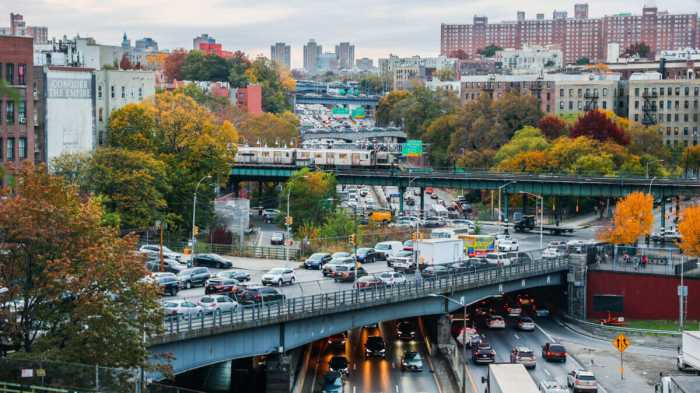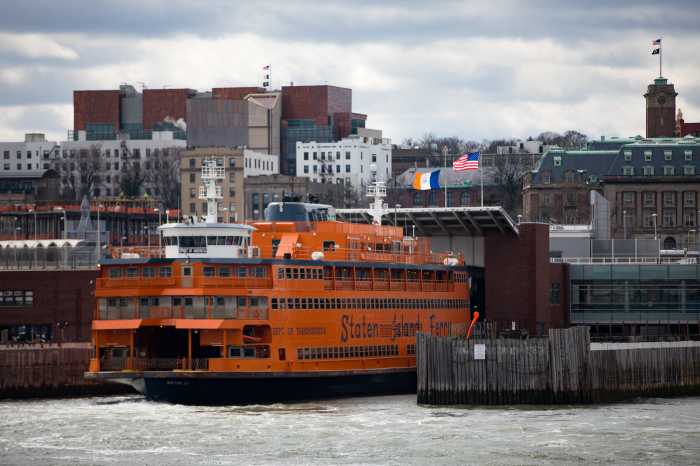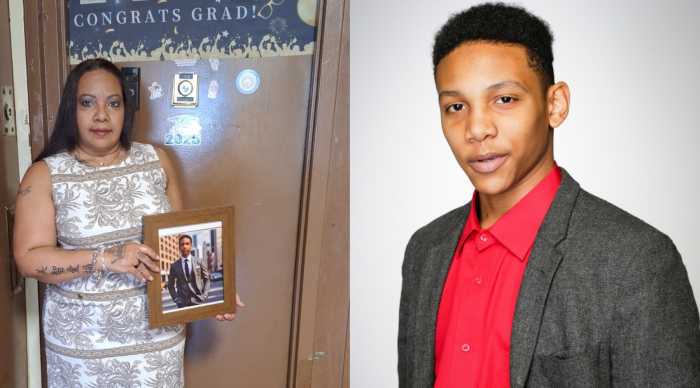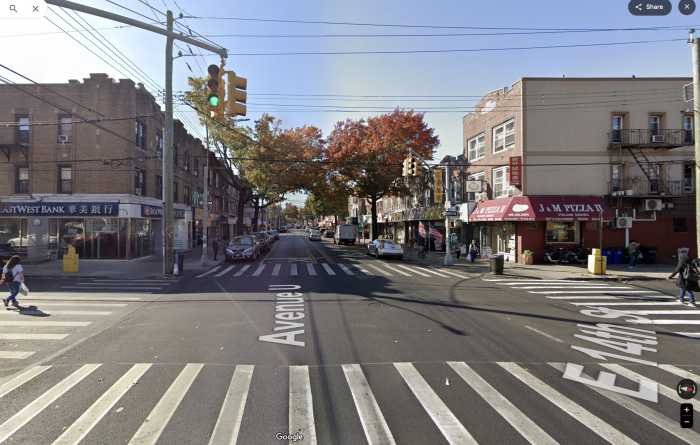The MTA’s inability to properly manage payroll and overtime costs contributes to soaring expenses at the cash-strapped agency, according to a new report.
Wildly outdated and varying timekeeping systems, work rules and internal policies mean the MTA has no real-time tracking of the vast majority of its 74,000-person workforce, where overtime is doled out lavishly, creating excessive payroll costs and the potential for overtime abuse, according to an MTA-commissioned payroll review from the law firm Morrison & Foerster.
Former federal prosecutor Carrie Cohen, a co-author of the report, warns that the MTA’s systemic flaws in tracking worker pay — which accounts for 32% of MTA spending — could jeopardize the success of the authority’s reorganization plan as well as any other money-saving measures. The MTA is currently considering thousands of layoffs and other measures to close a roughly $1 billion budget gap in 2022 that threatens service cuts and more intense fare increases.
“The full benefit of these proposals may not be realized, however, unless the MTA also addresses the pervasive, long-standing timekeeping inefficiencies that have been flagged for years as major cost drivers,” reads the report, published Thursday.
The review comes at a charged time at the MTA, as the authority negotiates several expired union contracts and as its board has debated allegations of payroll fraud and abuse among MTA workers. The review was inspired by a recent report from Empire Center detailing that a few employees had raked in several times their salaries in overtime.
While the report does not draw conclusions on fraud — it focuses on policies and procedures — it is particularly harsh on the MTA for taking little action in response to more than a decade and a half of critical reports warning of timekeeping failures.

“Despite years of similar warnings, documented findings, and reports of excessive and escalating overtime, management and leadership of the [MTA] have failed to address excessive overtime and have not been held accountable for this failure and the resulting escalating overtime costs,” the report continues.
Overtime accounts for about 16% of the MTA’s roughly $5.4 billion payroll budget and has increased significantly across every agency last year except for Bridges & Tunnels, the MTA’s smallest department and the only one to use a modern timekeeping system.
Overtime pay accounted for a quarter of all payroll expenses at the Long Island Rail Road last year. At Transit, the largest agency overseeing the subways and most city buses, overtime accounted for 18% of payroll.
The report has offered 15 recommendations. It suggests, in part, for the MTA to more aggressively switch to biometric timekeeping systems; standardize timekeeping across the authority; reconsider its hiring freeze; and renegotiate “outdated” work rules that generate overtime through collective bargaining.
Cohen highlighted specific rules at agencies that “can drive extra pay and high overtime.” On the subways, for example, a “deadheading” work rule means when an employee begins work at one location and ends at another, the employee is paid to return to their home location and can be paid overtime if that extends past the worker’s shift.
On the LIRR, in another example, a “co-mingling” work rule means engineers receive double pay if they operate both a diesel and electric engine during one work assignment — a rule that “may have made sense a century ago” but not in 2019 when operating both engines is essentially the same, according to the report.
MTA Transit’s efforts to minimize subway disruptions with weekend work also contribute to exorbitant overtime as does a combination of a lack of available workers and high rate of absences. Across city buses, operators report on average for 197 out of 260 annual workdays, according to the report.
The MTA welcomed Cohen’s findings, which are expected to be a topic of discussion at a board meeting scheduled for Friday afternoon.
“This report makes important and well thought out recommendations that will help us address the significant problem of excessive overtime, which is particularly important in light of our severe financial condition,” MTA spokesman Max Young said in a statement. “We are already implementing substantial parts of these recommendations, including the installation of biometric timekeeping devices; standardizing our time and attendance system agencywide; and instituting new practices for controlling overtime.”
John Samuelsen, an MTA board member and Transport Workers Union of America president, said in a statement that the report “was an indictment of MTA management … not the workers.”
And Tony Utano, president of TWU’s Local 100 representing transit workers, said the work rules highlighted in the report are valuable.
“The work rules for bus and subway workers cited in this report are not unreasonable or outrageous,” Utano said in a statement. “In many cases, they benefit both management and workers.”





































